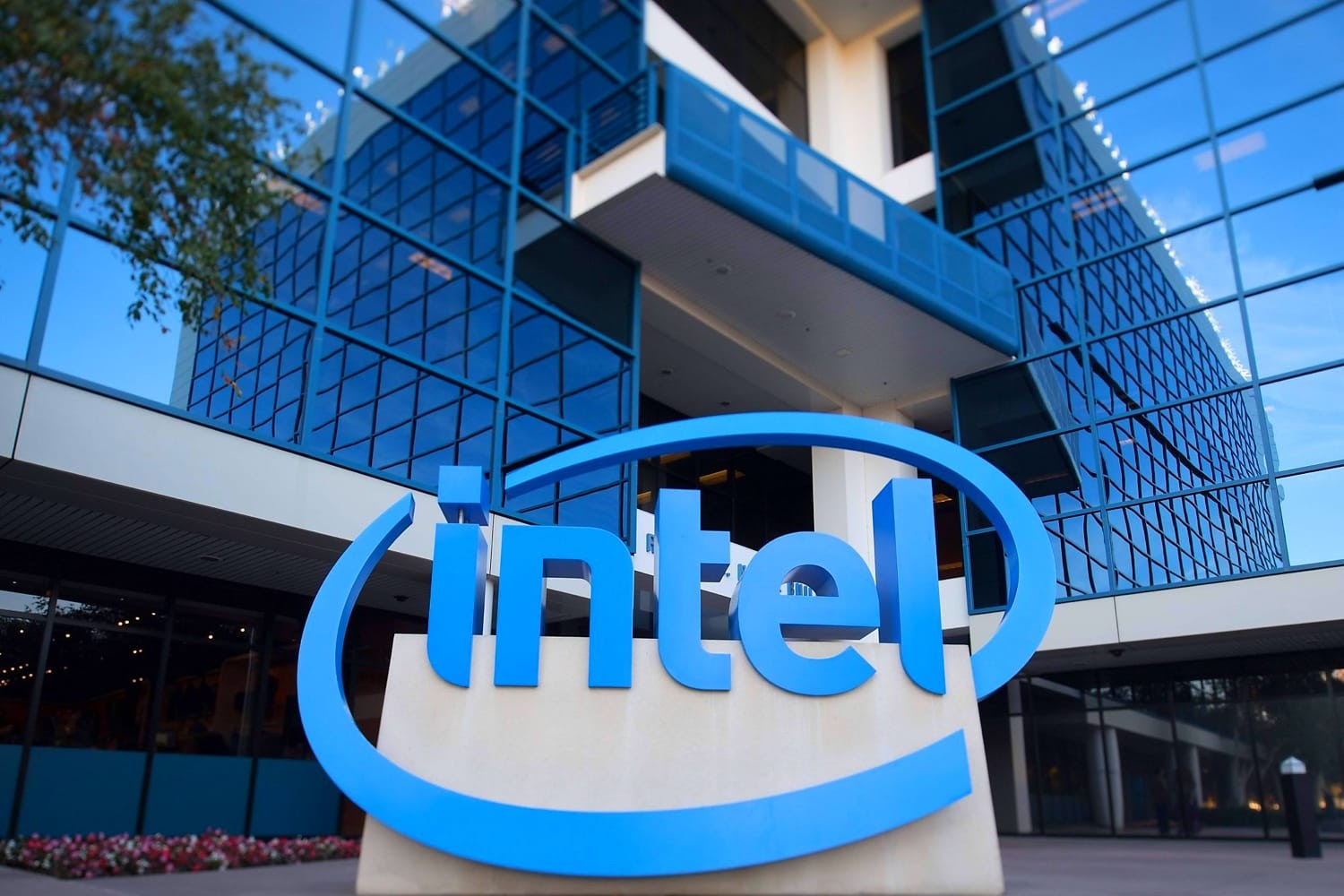Intel’s efforts to revitalize its contract manufacturing business have suffered a blow after tests with chipmaker Broadcom yielded disappointing results, sources revealed. Broadcom had sent silicon wafers through Intel’s cutting-edge 18A manufacturing process, which was intended to demonstrate the viability of the technology. However, after receiving the wafers last month, Broadcom’s engineers concluded that the process was not yet suitable for high-volume production. This setback poses a significant challenge to Intel’s turnaround strategy led by CEO Pat Gelsinger, who launched the contract manufacturing division in 2021 as a cornerstone of the company’s recovery.
Despite the setback, Intel remains optimistic. The company asserted that the 18A process is “healthy and yielding well,” with plans for full-scale production on track for next year. Broadcom, on the other hand, stated that it is still evaluating Intel’s offerings and has yet to make a final decision on a potential partnership.
Intel has been under significant pressure to secure major contracts with customers like Nvidia and Apple, especially as it faces mounting losses in its foundry business, which posted a $7 billion operating loss in the last quarter. The company aims to break even by 2027, but setbacks like the one with Broadcom complicate its path forward.
The foundry business, a critical part of Intel’s $100 billion expansion strategy, is integral to filling capacity at its newly constructed facilities in the U.S. However, Intel’s struggles to achieve viable yields with its advanced processes could hinder its ability to attract customers and compete with established giants like Taiwan Semiconductor Manufacturing Co. (TSMC).
Broadcom’s decision to test Intel’s 18A technology came amidst the chipmaker’s growing focus on AI hardware, with significant contracts from companies such as Google and Meta. However, concerns about defects on the wafers and the quality of chips produced by Intel’s process have made Broadcom cautious about committing to the new manufacturing technology.
Intel has pledged to be manufacturing-ready by the end of this year for its own chips, with plans to begin high-volume production for external customers in 2025. However, with high stakes and complex challenges ahead, Intel’s ability to turn its foundry business around remains uncertain.


















